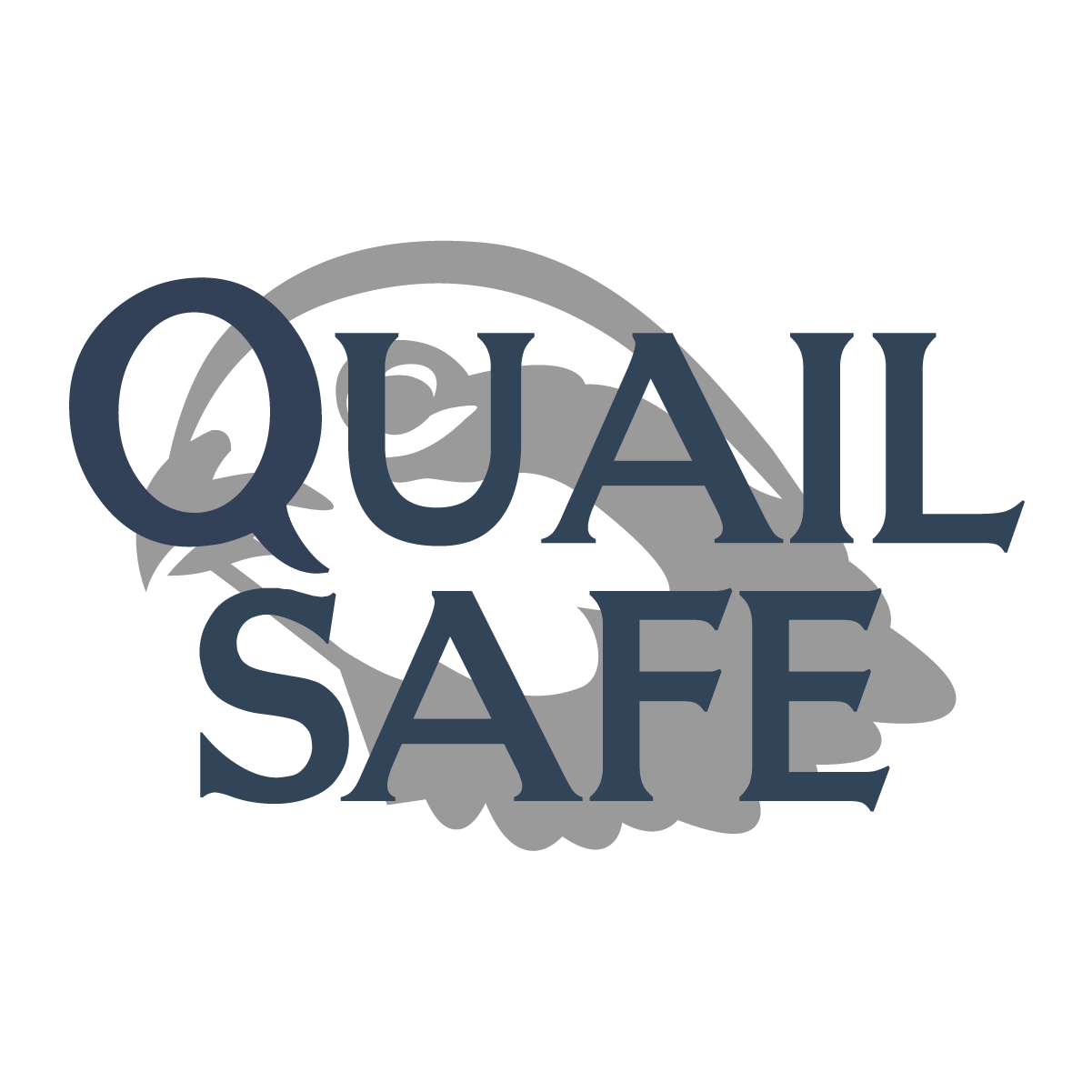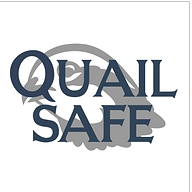Howboutthemdawgs
5 year old buck +
Listened to the new meateater with this professor from Texas tech who is tackling the decline issue. He has some compelling research and successes. He established the first and only fda approved animal feed to essentially deworm the quail from 2 types of worms that are apparently one of the leading issues in their survival. Attached is the link to the product. I’m thinking of trying some

 www.quailsafe.com
www.quailsafe.com
Also the podcast if anyone is interested

QuailGuard | Quail Safe
QuailGuard is a specialized medicated feed designed to combat parasitic infections in wild quail. QuailGuard utilizes select grains and proprietary active ingredients to eliminate eyeworms and cecal worms, which significantly impact quail health. This product has been proven to enhance the...
 www.quailsafe.com
www.quailsafe.com
Also the podcast if anyone is interested
